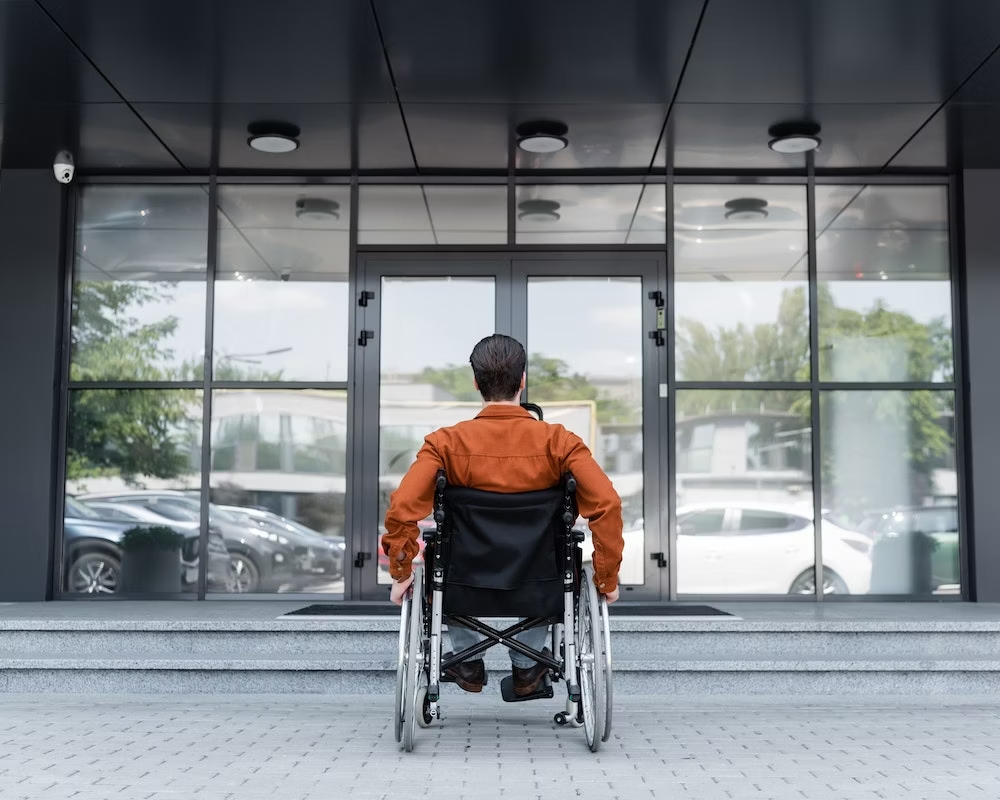Property Seized By Federal Government Or Turned Over To The Federal Government
Our New York City and Westchester lawyers are seizing an increase in seizures of property by police officers. Often the police just assume that anyone carrying a large amount of cash obtained the money illegally. The police have done numerous sweeps where they just pull over out of state cars in poor urban areas as part of drug sweeping activity. Unfortunately a lot of auctions, which require people to carry large amounts of cash are in these same neighborhoods. So our lawyers have seen an increase in the foreclosure cases coming from the Bronx, Yonkers, White Plains, Mount Vernon, Rye, Harrison, Port Chester and other towns along the interstate and Westchester parkways.
Often getting your property back can be not only difficult but a trap for the unweary. New York has very stringent rules of when a governmental entity including the police department can seize property. In general, the seizure rules permit a seizure of property when the property is proceeds of criminal activity.
Since New York has very stringent rules on when the government can lawfully seize funds, our New York City and Westchester lawyers are seeing more local police departments simply taking the property of private citizens and turning it over to the Federal Government.
There is very little information available about what to do when the Federal Government seizes your property. The rules under a Federal law known as the Civil Asset Forfeiture Reform Act of 2000 are very liberal and allow the government to “administratively forfeit” property. What this means is that the government, often the Drug Enforcement Agency (DEA), will either take property or receive property from a local police department such as the New York City Police Department, the Yonkers Police Department or the White Plains Police Department. Then the DEA or another Federal Agency will send a notice to the property owner. The notice will have a deadline. Many people don’t read the notice carefully, which can be a tragic mistake. After receiving notice if the property owner does nothing, the government automatically has the right to keep the property. To prevent the government from taking your property, you must file an administrative claim. The administrative form is a simple one page form and it must be filed prior to the date listed on the notice. If the administrative claim is not filed in time, you will not get the property back unless you can establish that you did not receive notice. There are often two choices on the notice, one is to contest the forfeiture which means to dispute that the money from criminal proceeds. The other choice is to ask for return of some of return of the money for equitable reasons, such as that the money is needed to support yourself or some other reason. It is important to make the appropriate choice since the wrong choice can limit your choices.
Once an administrative claim is filed, the matter is referred to the United States Attorney’s office for the District where the property was taken. The United States Attorney’s office has ninety days to file a lawsuit or obtain a criminal indictment against the owner of the property. If the government doesn’t file the lawsuit or obtain a criminal indictment in time, the government must return the property and cannot seize the money again. If the government does commence a lawsuit to seize the money, they need to prove that the property is subject to forfeiture. To meet their burden, the government may use evidence gathered after the filing of a complaint for forfeiture, which means that the government has a right to do discovery and have the owner explain where the funds came from. Where the property truly is from criminal activity, the government can obtain evidence about criminal activity which they did not already know about. It is important to remember, that the government not only has to prove that the owner of the property was involved in criminal activity, but that the property was actually derived from illegal activity. Often people involved in narcotics are also involved in legitimate jobs, so even if there is a drug conviction, the government may not be able to seize a bank account, car or other property if they cannot prove that the specific property was from criminal activity.
Our attorneys always provide free consultations.









